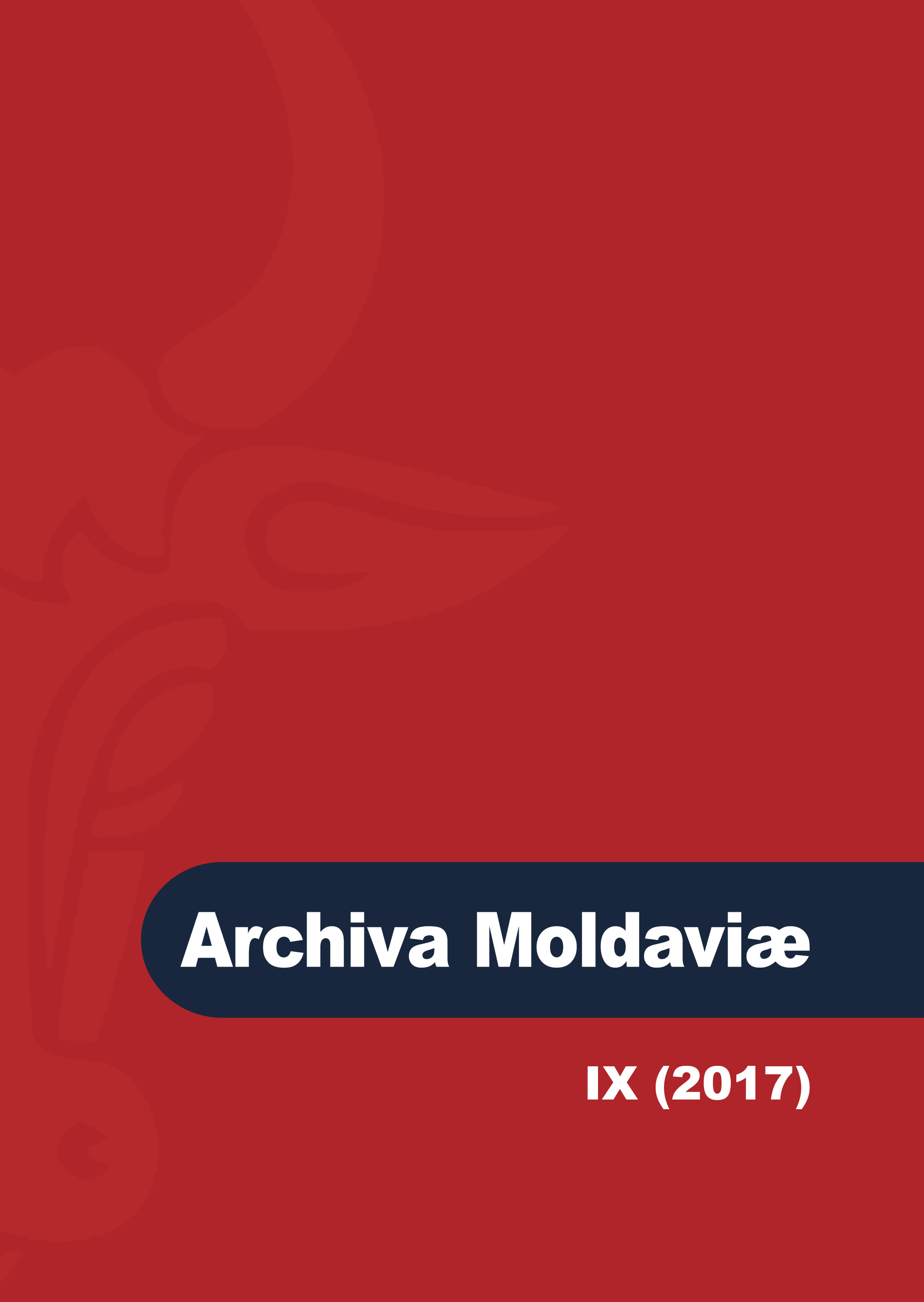Deficit pedagogic sau deficit democratic?
Discursivitatea anonimă și negaționismul
în spațiul culturii digitale românești
Pedagogical or democratic deficit?
Anonymous discourse and negationism in Romanian digital space
Author(s): Florea IoncioaiaSubject(s): Jewish studies
Published by: Societatea de Studii Istorice din România
Keywords: “Evenimentul Zilei”; Popricani common graves; digital negationism; anonymity; political culture;
Summary/Abstract: Readers’ interventions, placed in comments on several digital articles and editorials, constitute for years an already established practice, and their role in the structure of the media message does not cease to grow and lead to confuse. By using the commentaries on the forums of informative articles on the Shoah issue in the digital media as background, the present study aims to explore the relation between the possibilities of the digital technology on public communication and the abuse of freedom of expression in a relatively unpredictable discourse framework. More precisely, one should pursue, on the one hand, the implications of the liberalization (in terms of the development oninteractivity and democratic involvement) of public space on the discussion of a complex, potentially non-consensual memorial issue, that has been long obscured as public subject or subjected to the action of state propaganda. On the other hand, one should reconstitute the manner of the aggregation of negative ideas on the Jewish tragedy in digital public area, especially on themes, discursive means, participants and their relevance. Thus, the present approach deals with several issues: 1) Digital anonymity has increased the visibility on negative discourse: it mostly allowed its presence in mainstream media, even though in a secondary manner. However, despite the fact that their discursive weight suggest an overwhelming numerical domination, the negationists seem to represent only a small community of followers, configured as a network, who recirculate texts and arguments and reinforce mutually; 2) The deliberative stake of these interventions is very small: most of the comments use the topic and the discussion as a mere context, either to confront the opponents (in or out of their immediate digital horizon) of their theses, or to propagate their positions, also so as to identify followers or to be agreed digitally into “negationist communities”; 3) Language violence is the dominant mark of interventions and almost without exemptions of the negationist one. The main argument of these interventions is the offense in all its forms; 4) The intel-lectual content of negationist positions is dramatically precarious and seems intimately linked to authoritarism and anti-liberalism; 5) Self-discipline is almost non-existent in this field and so are the neutral attitudes
Journal: Archiva Moldaviae
- Issue Year: IX/2017
- Issue No: 9
- Page Range: 161-190
- Page Count: 30
- Language: Romanian

